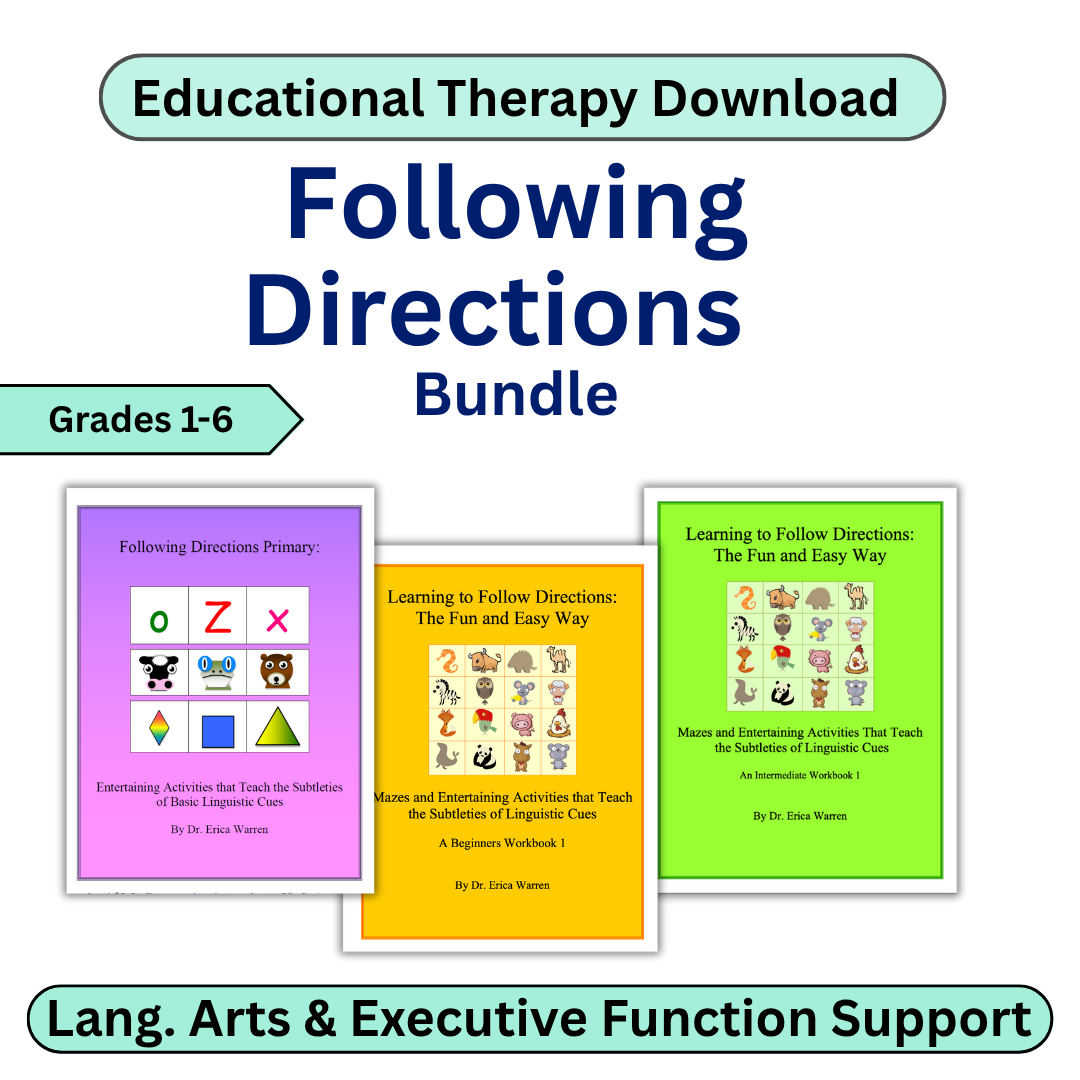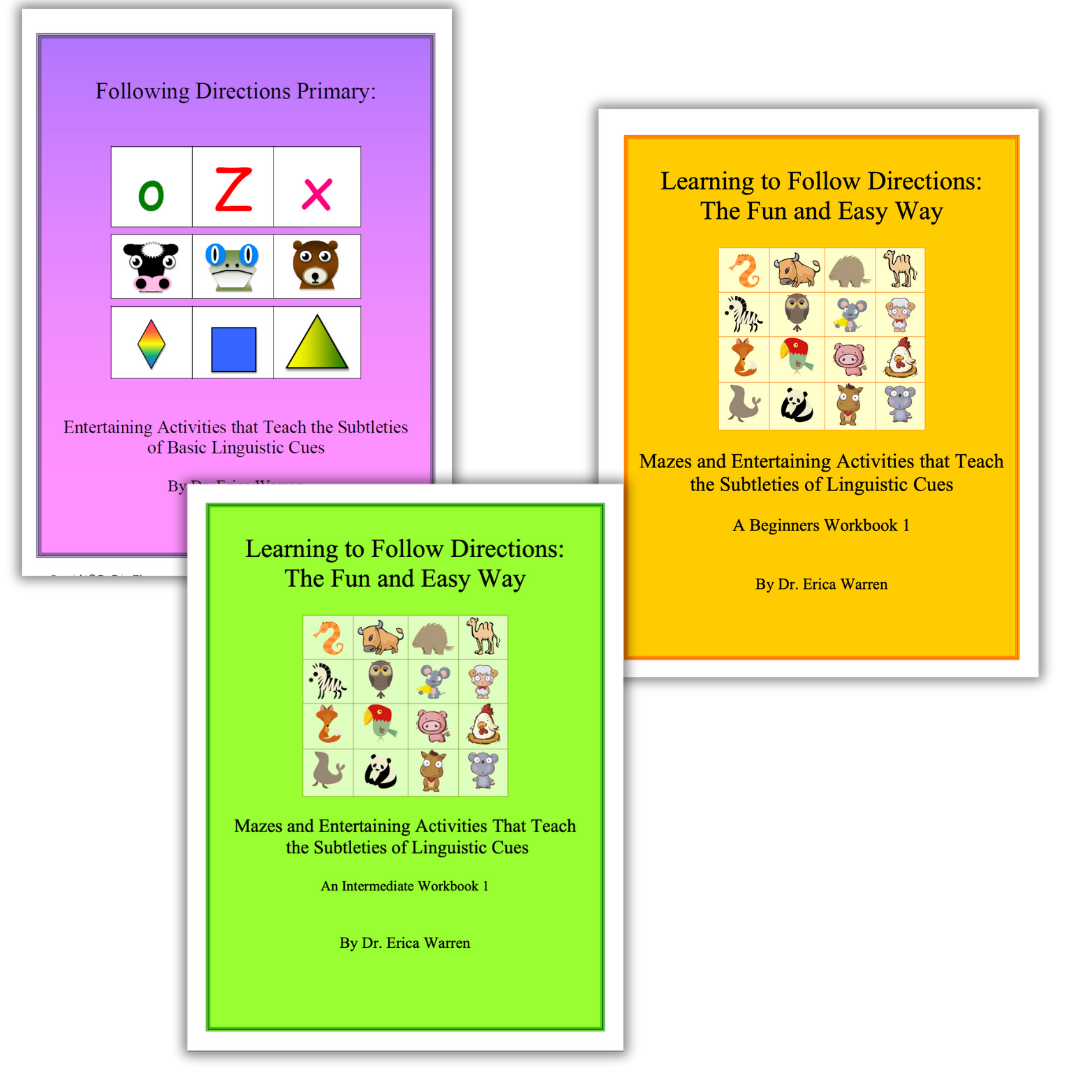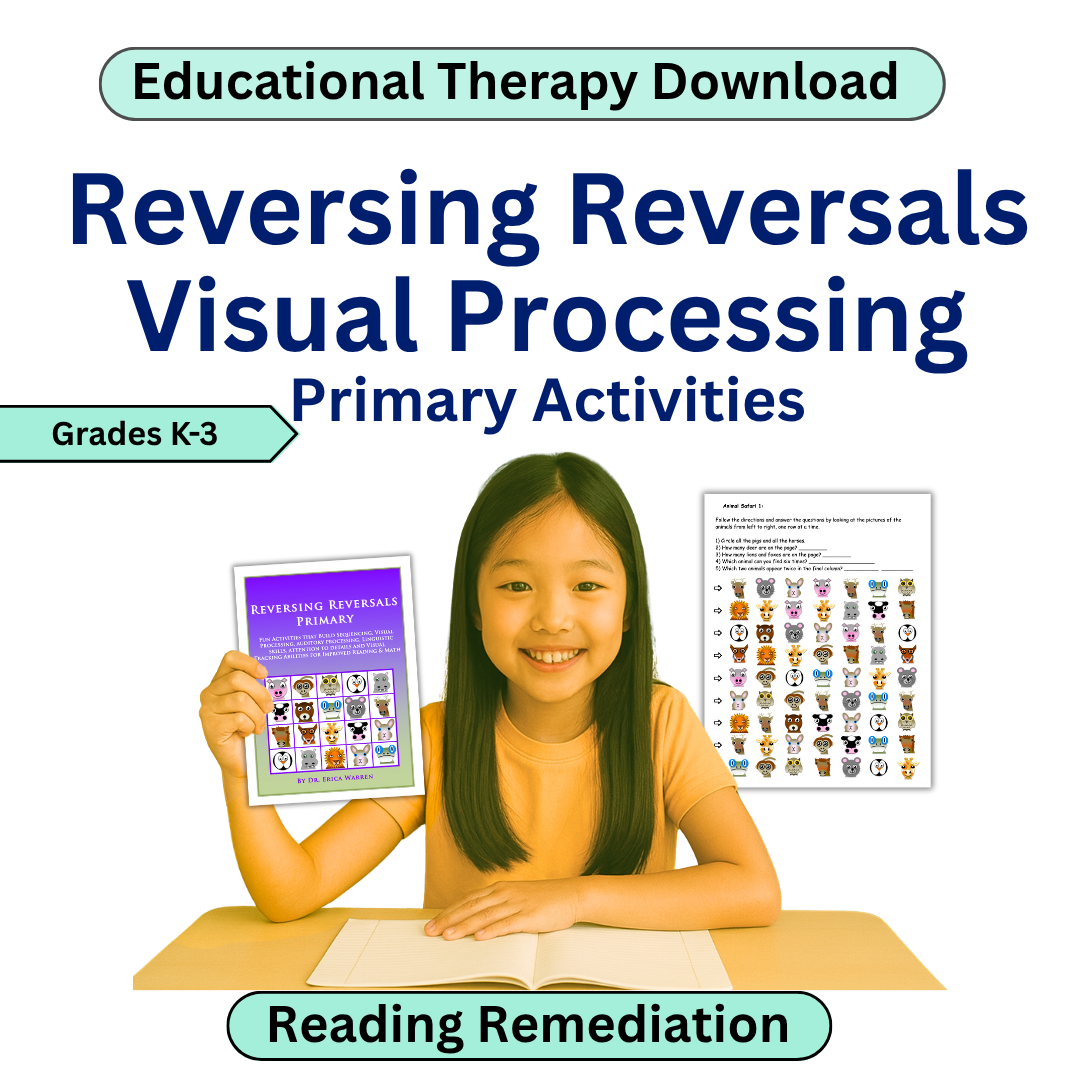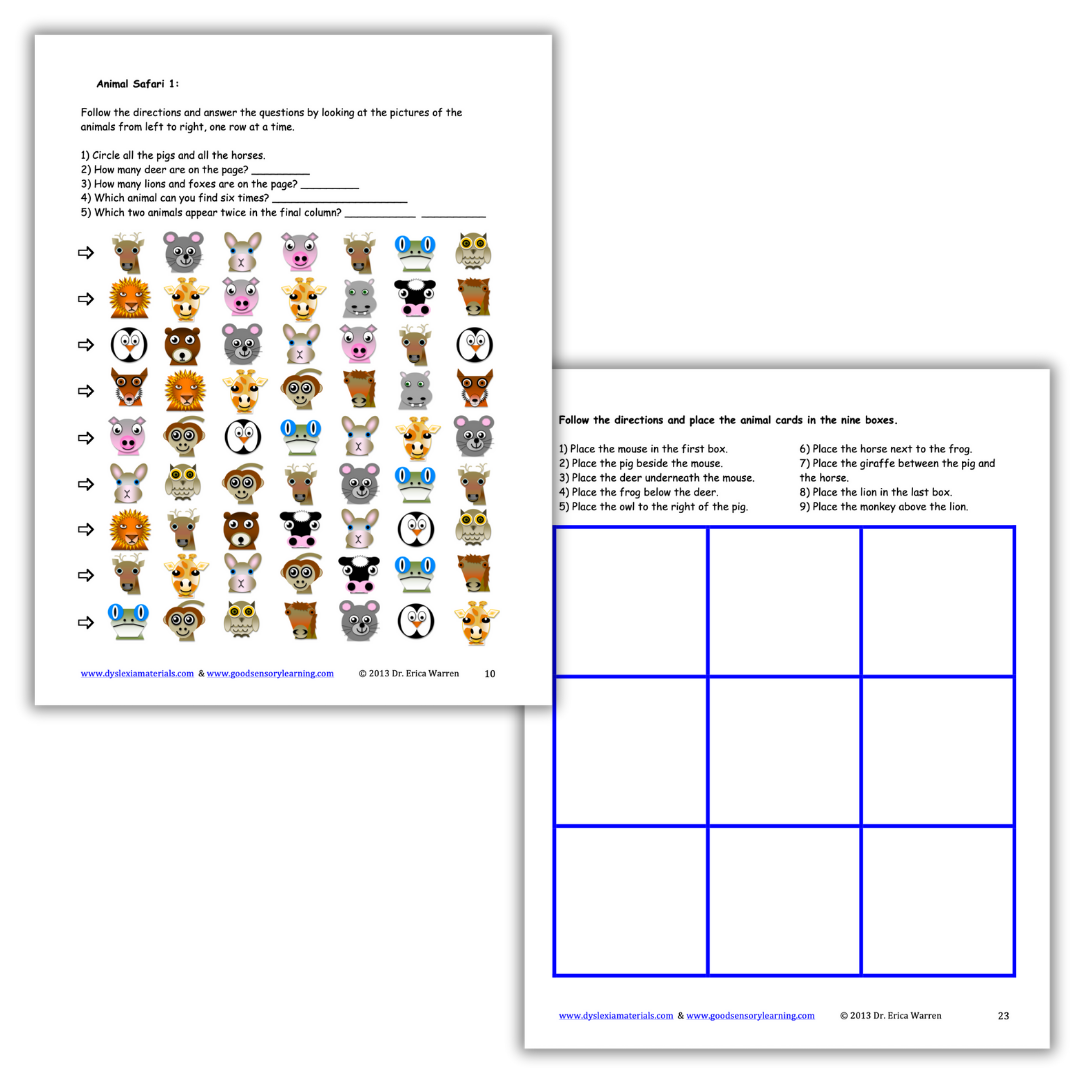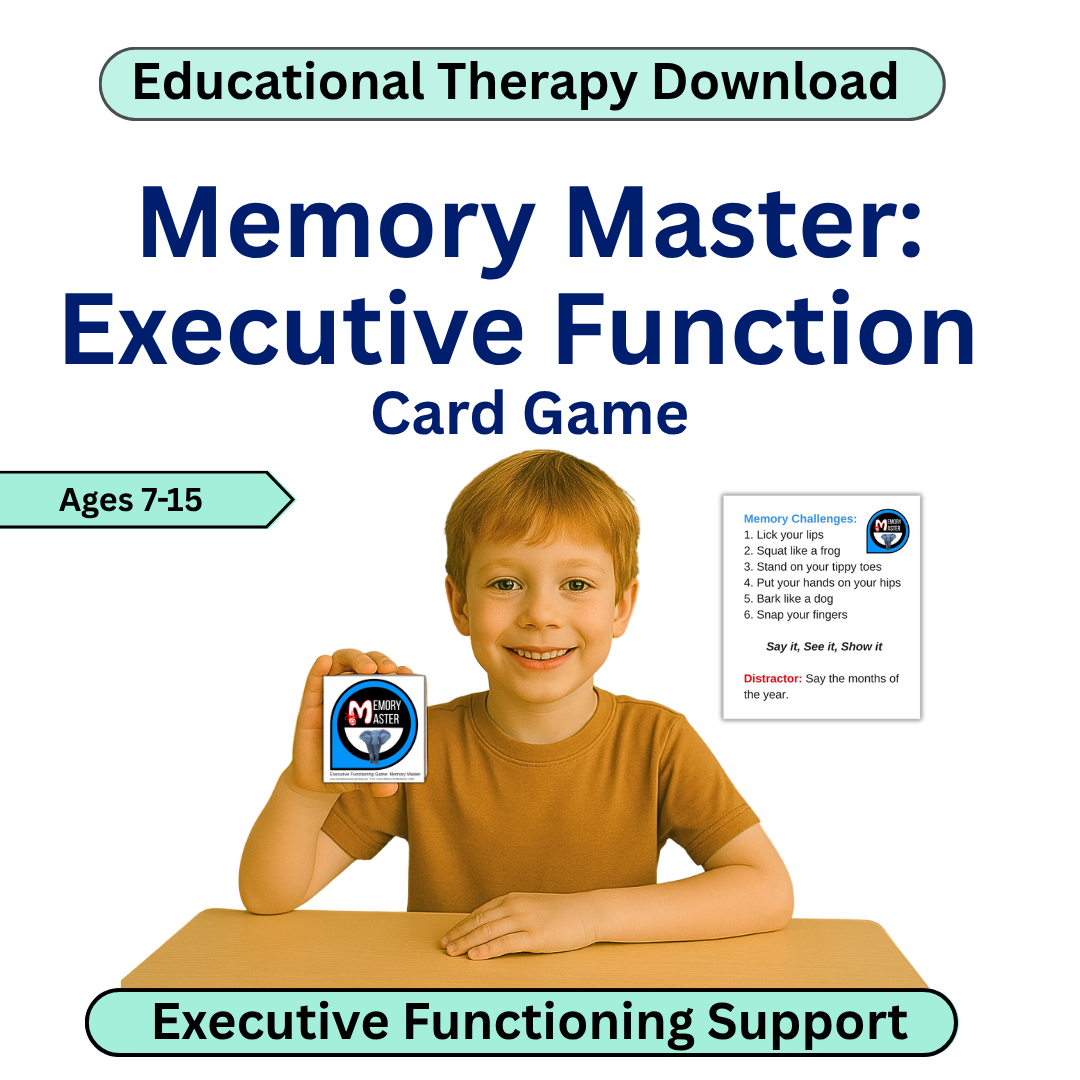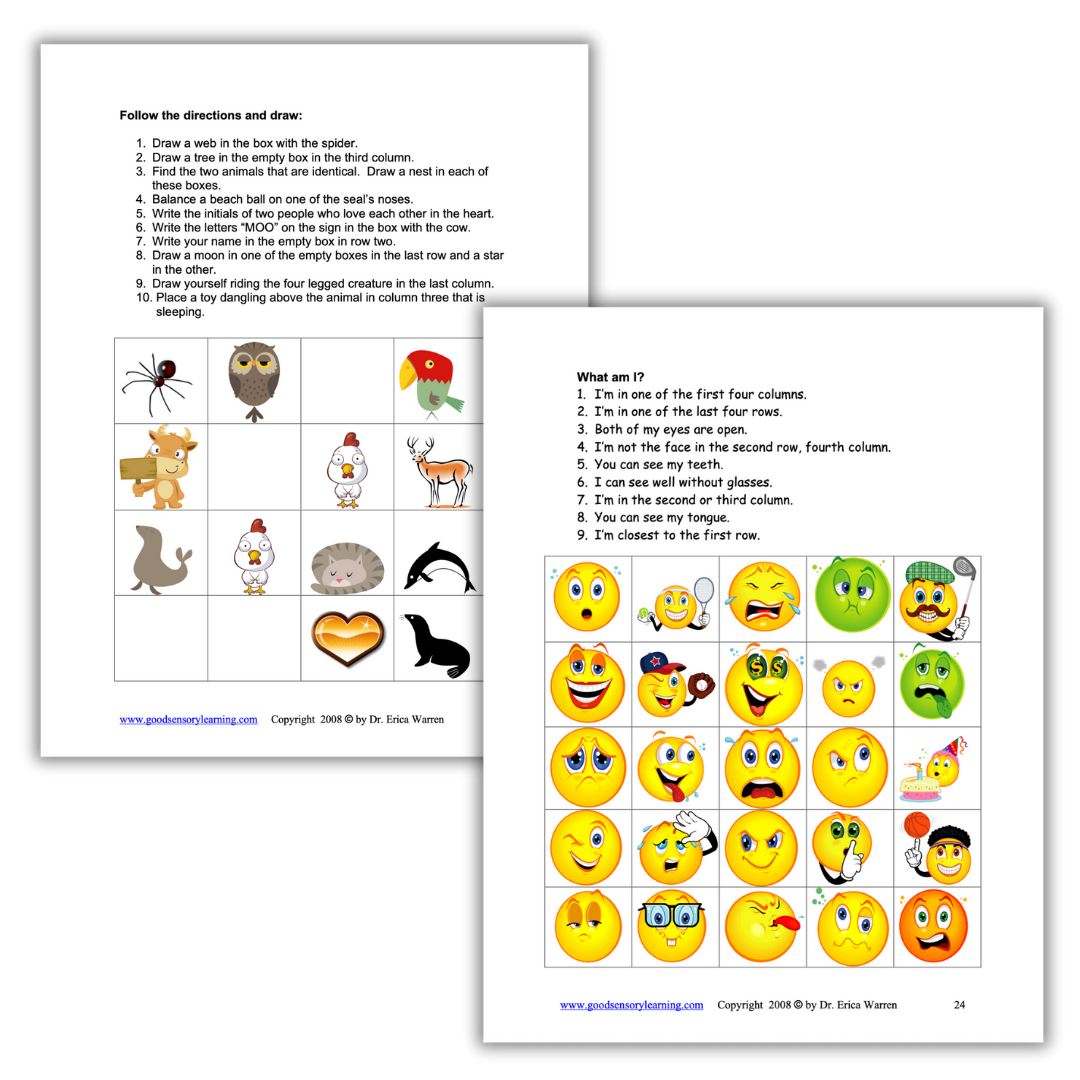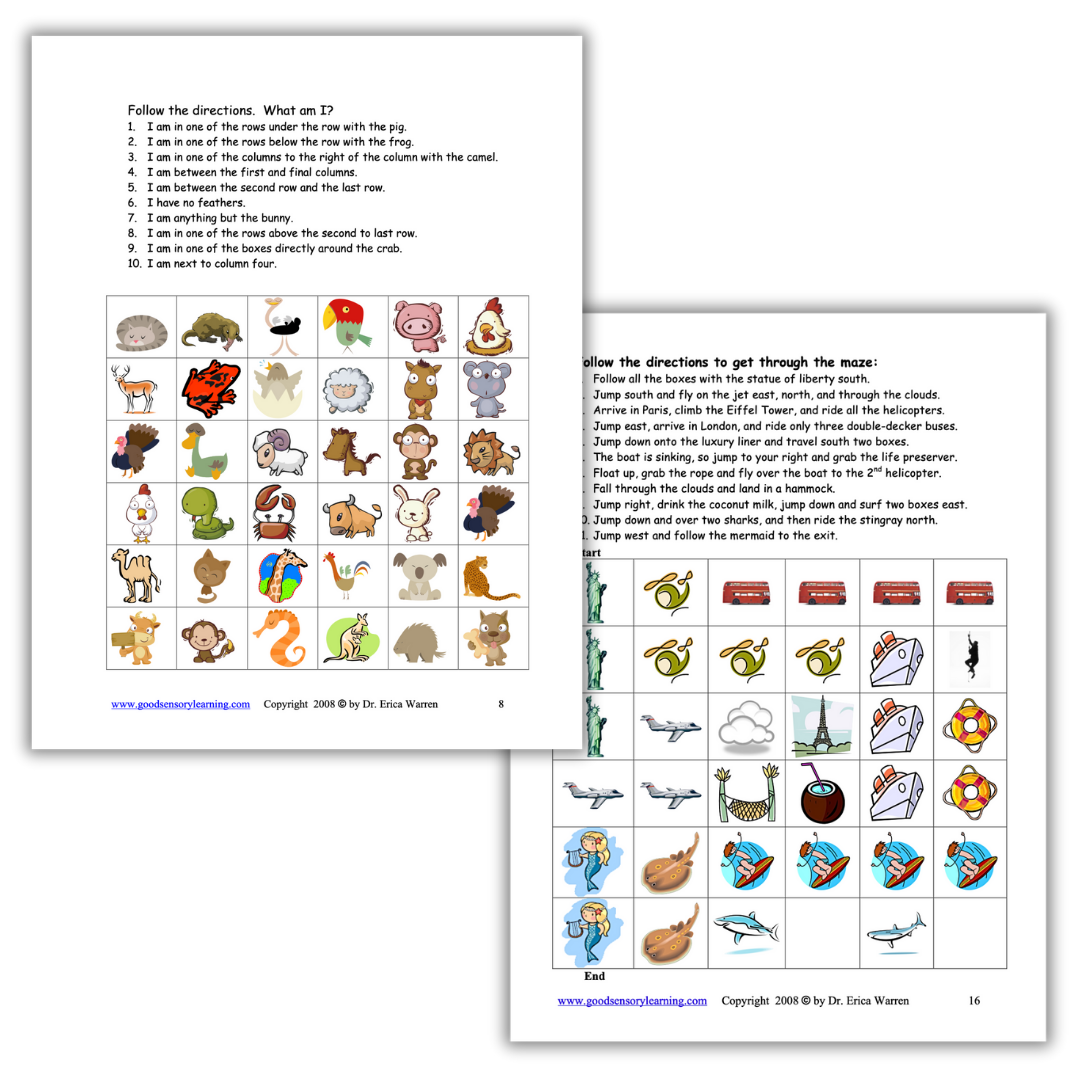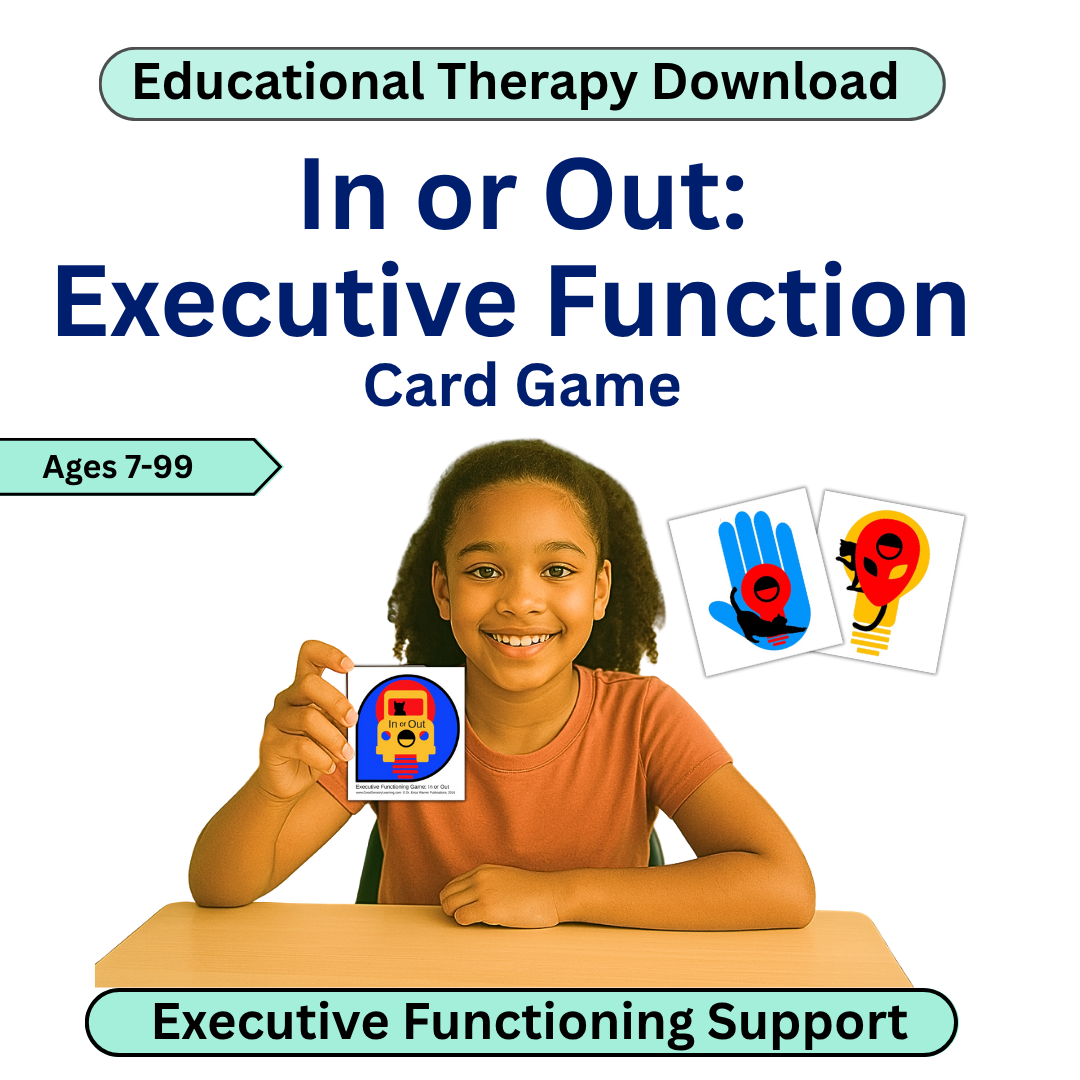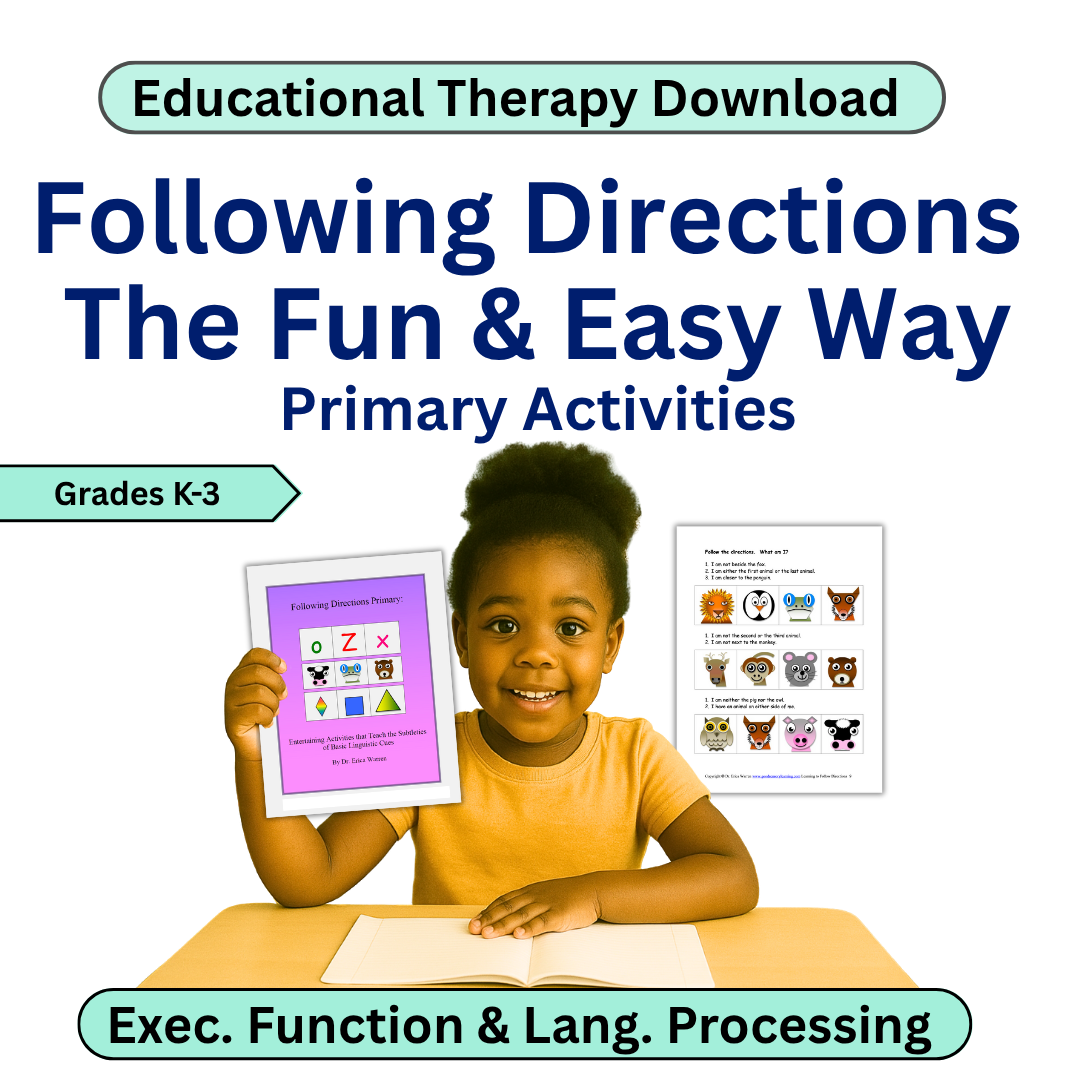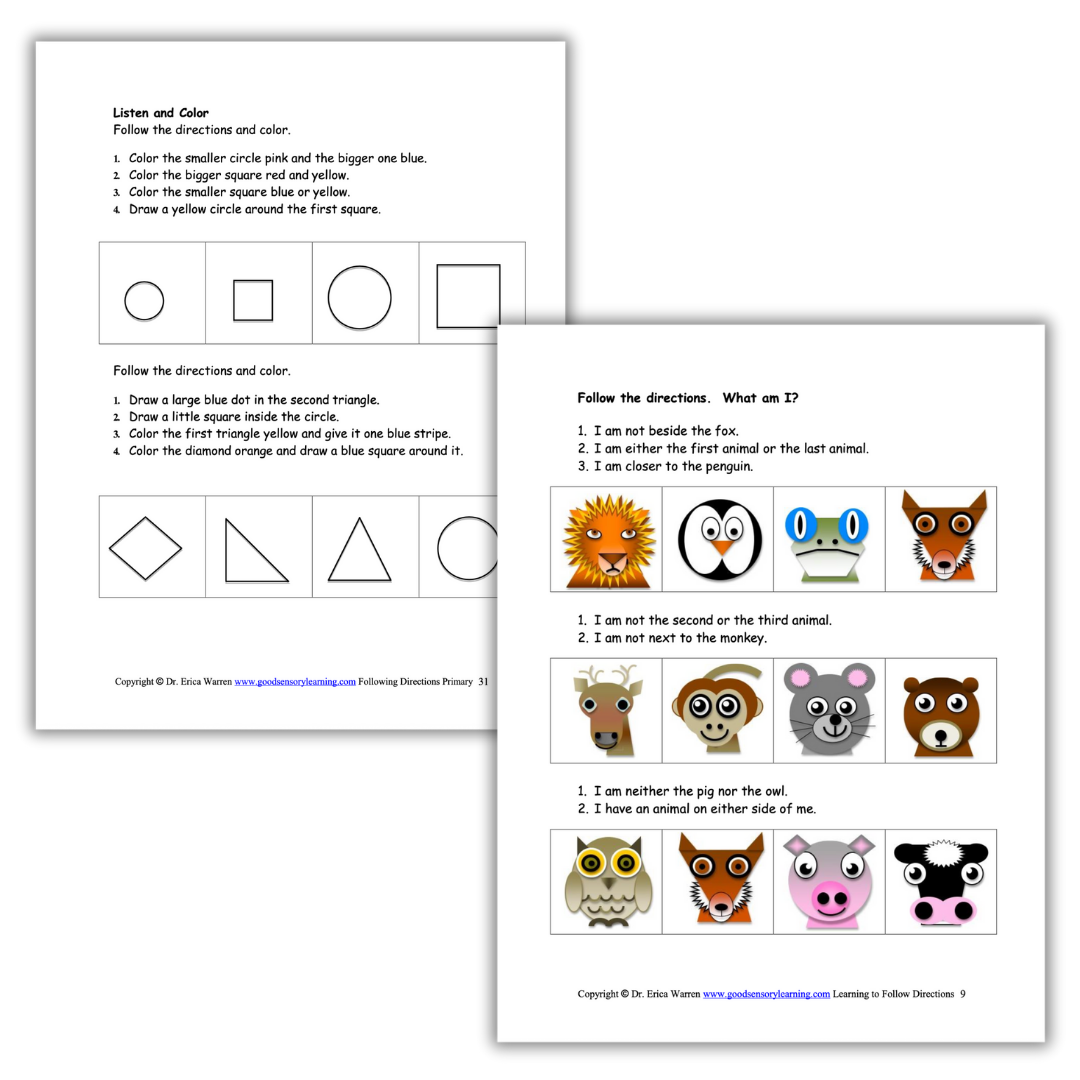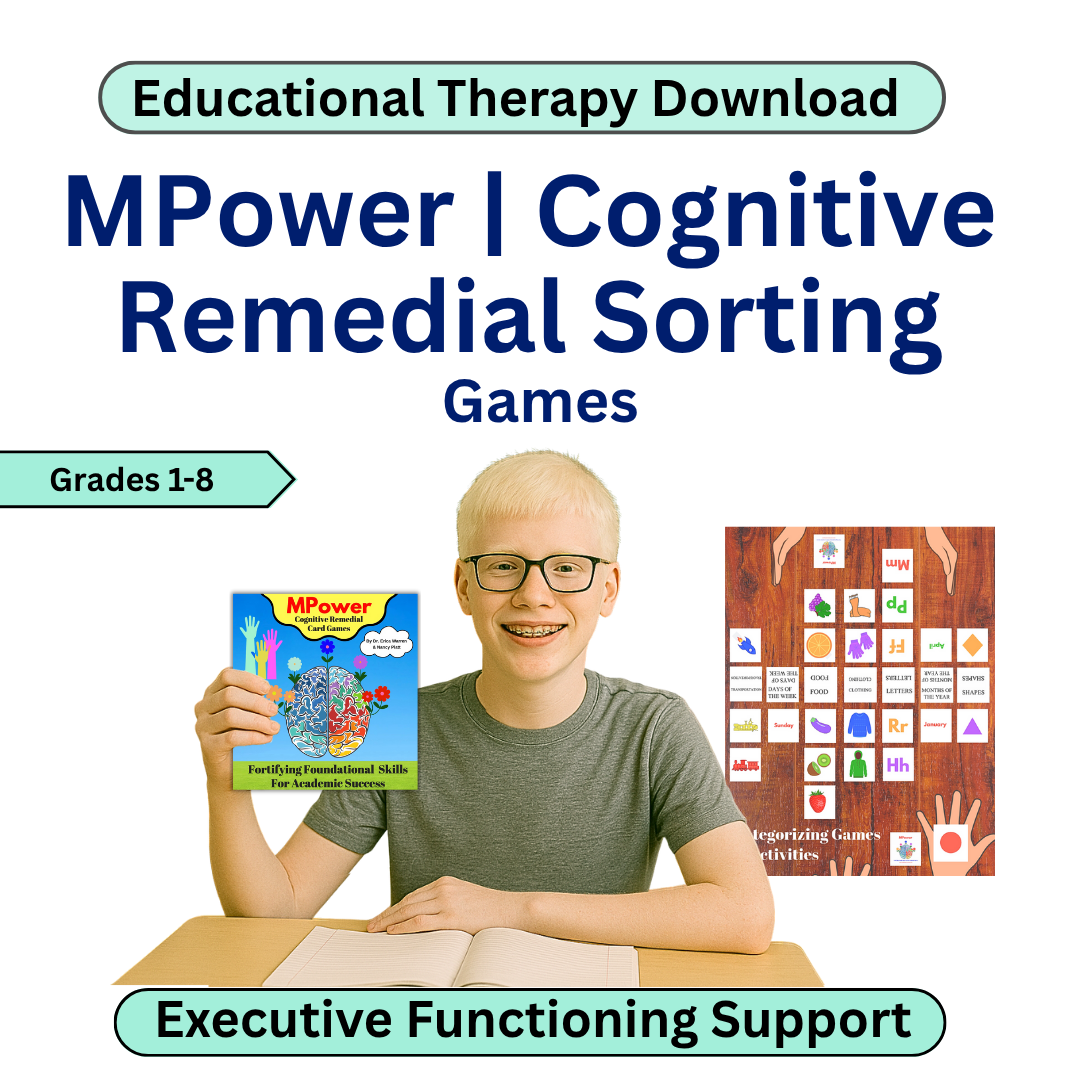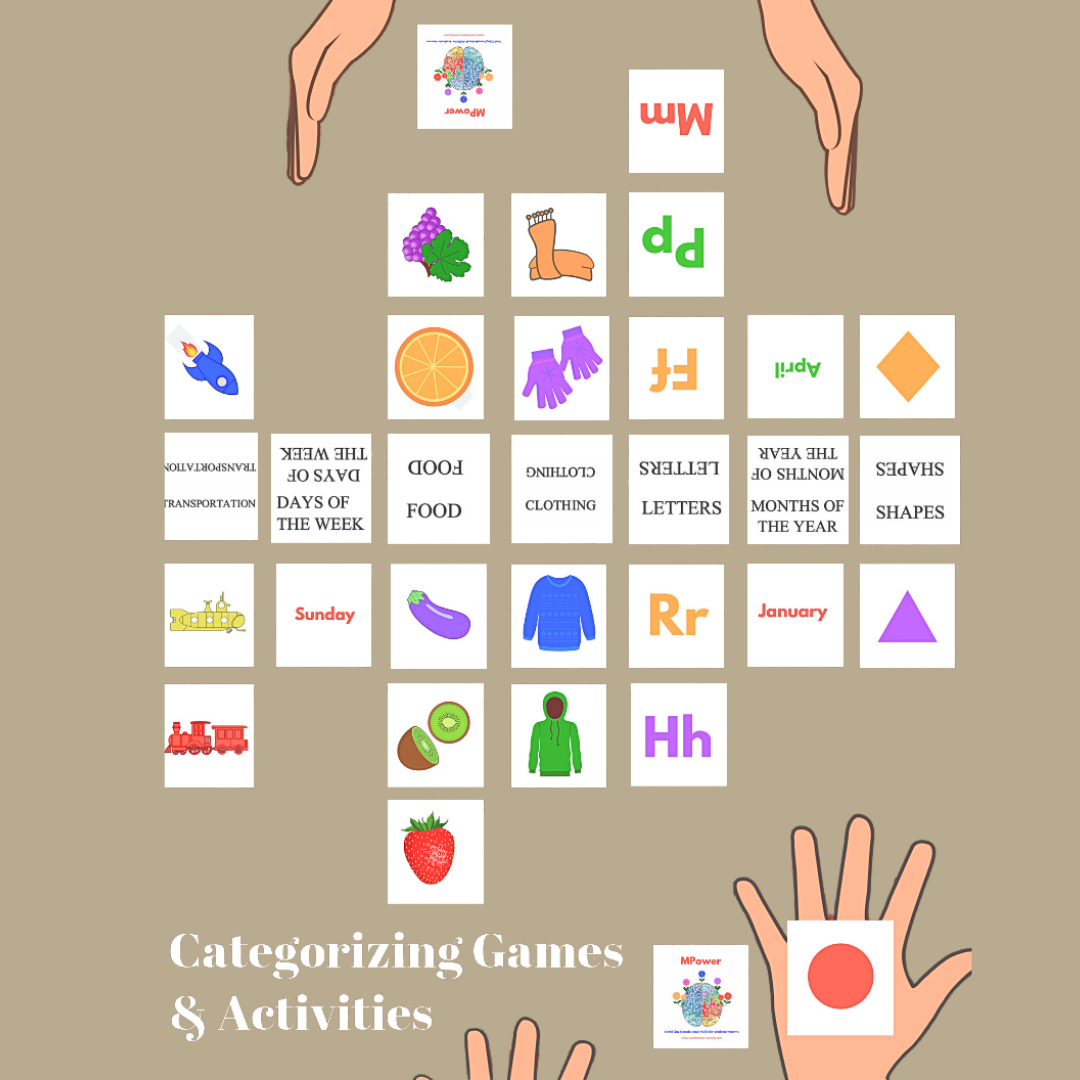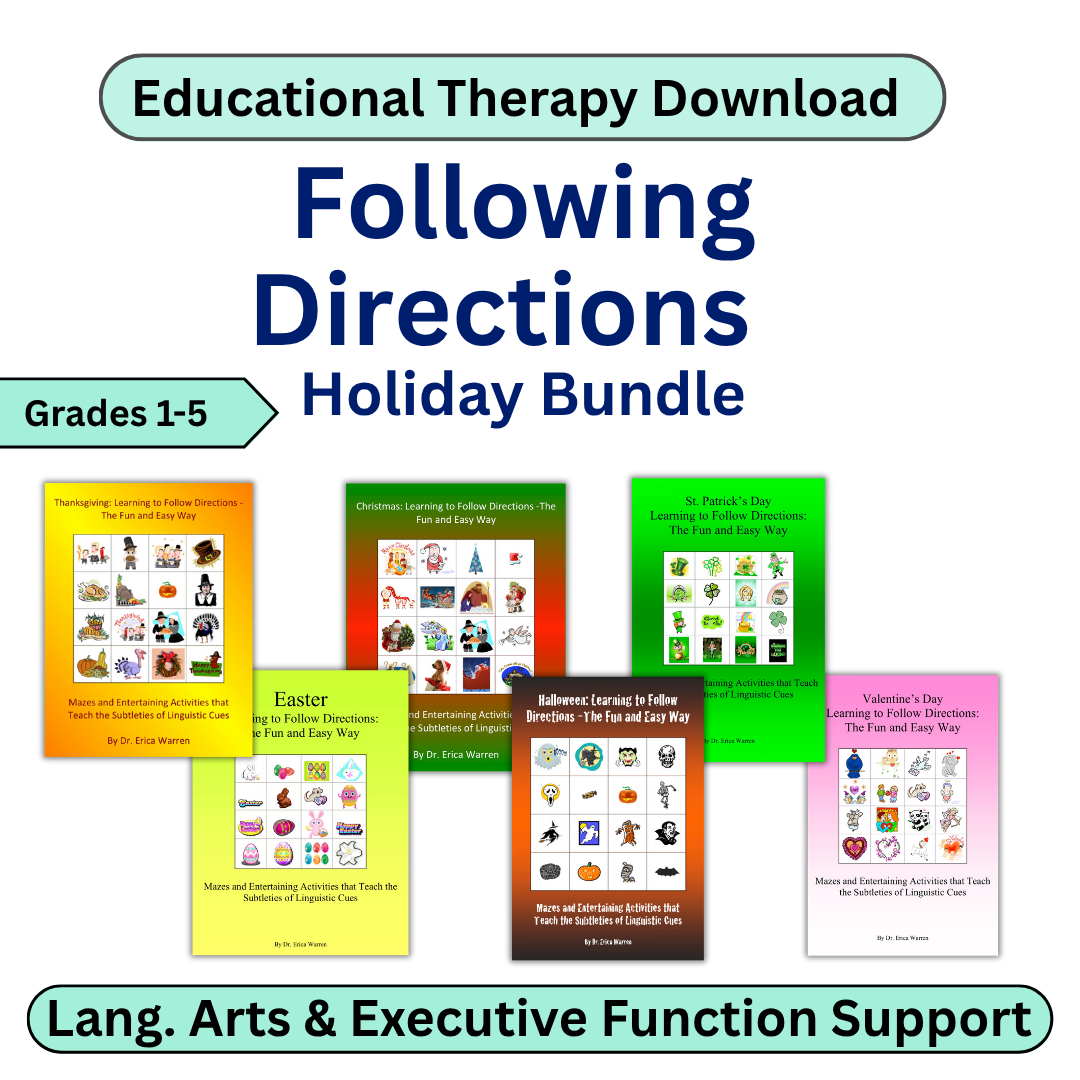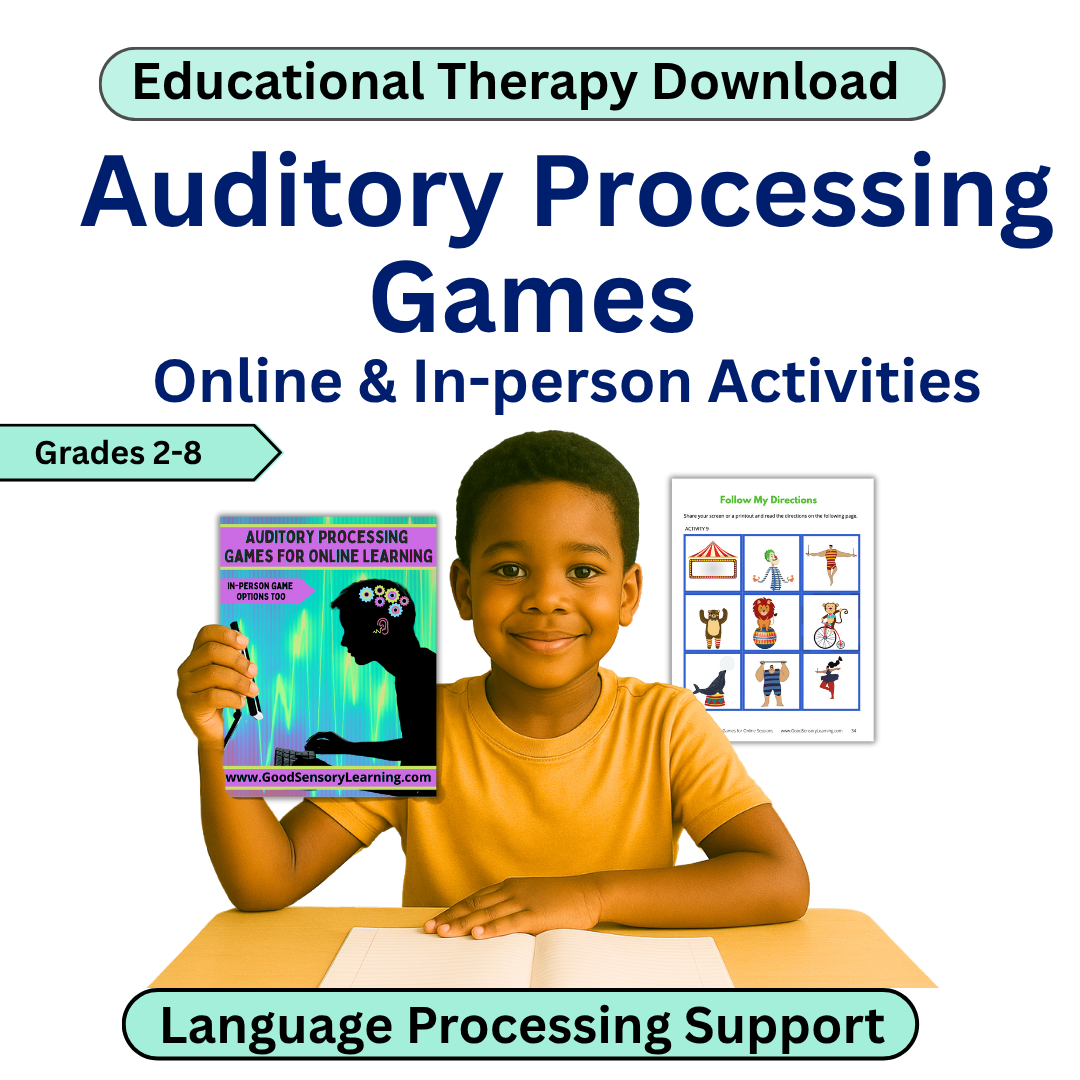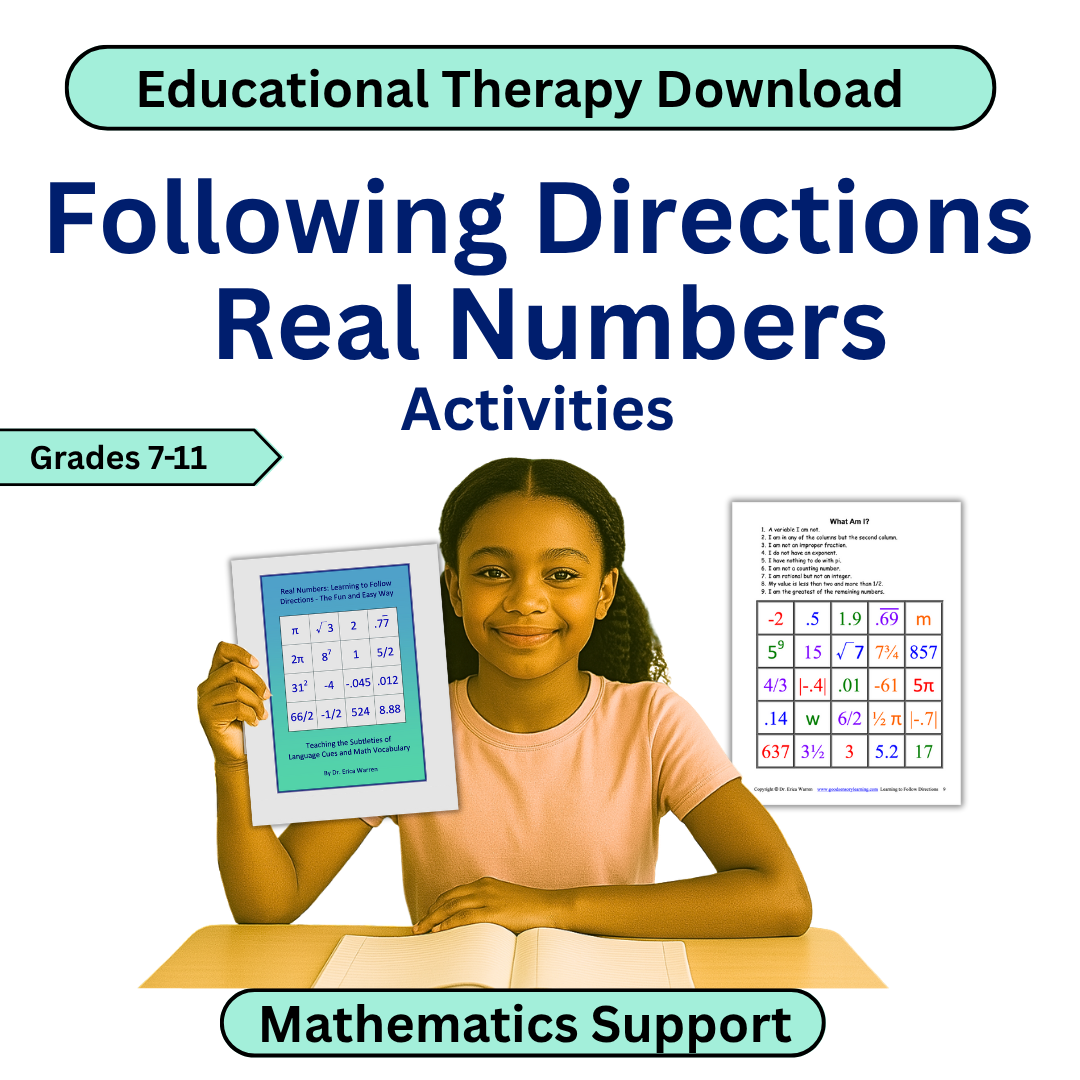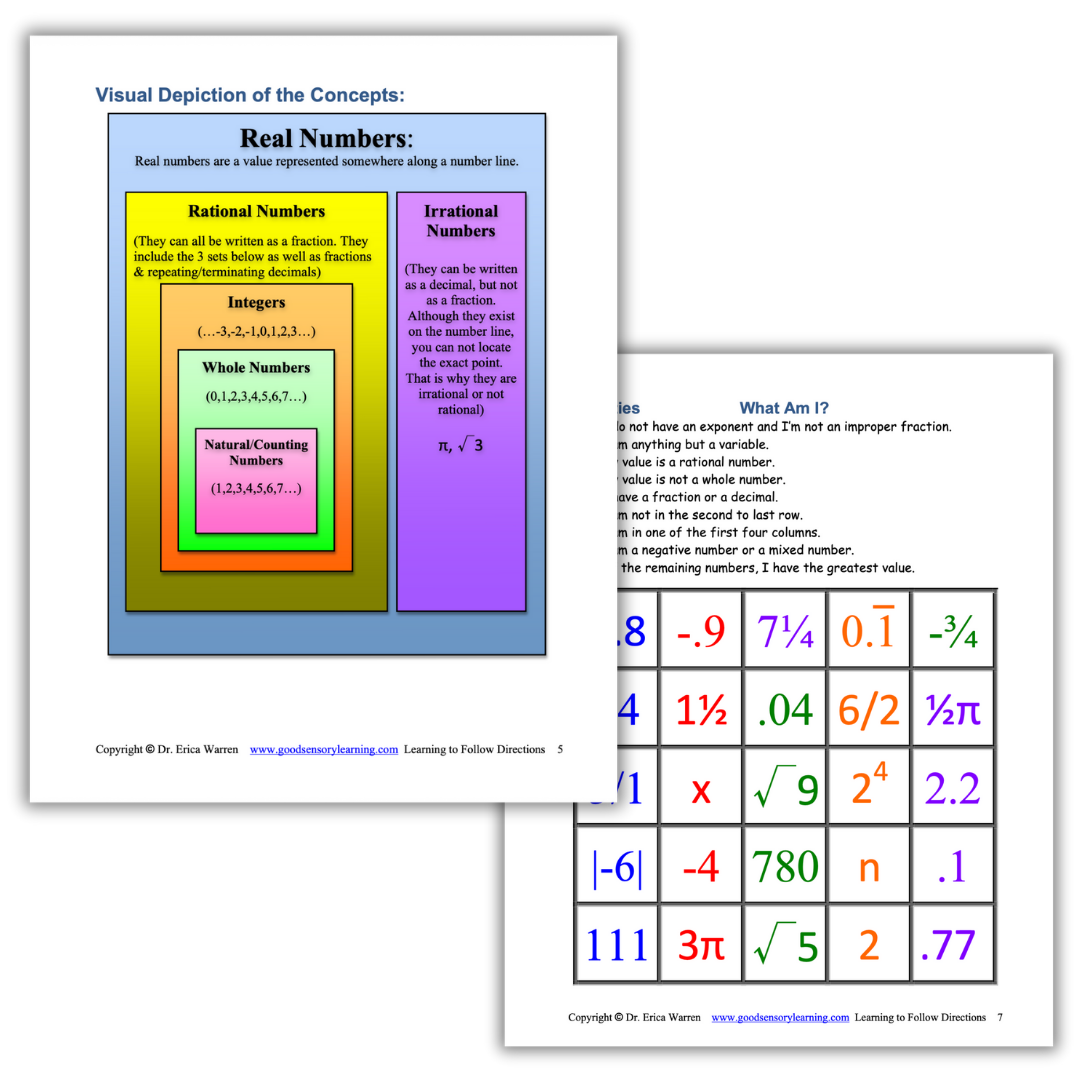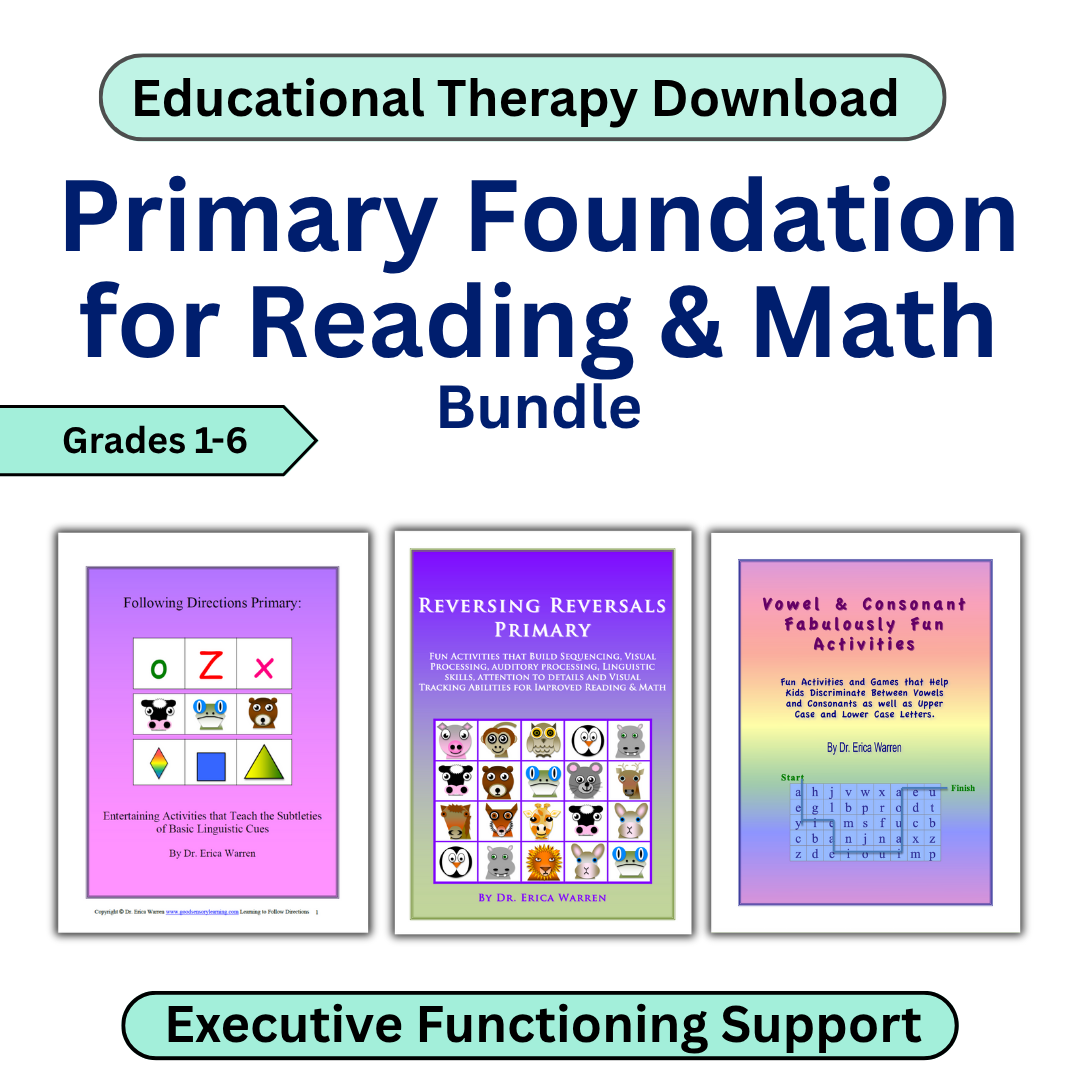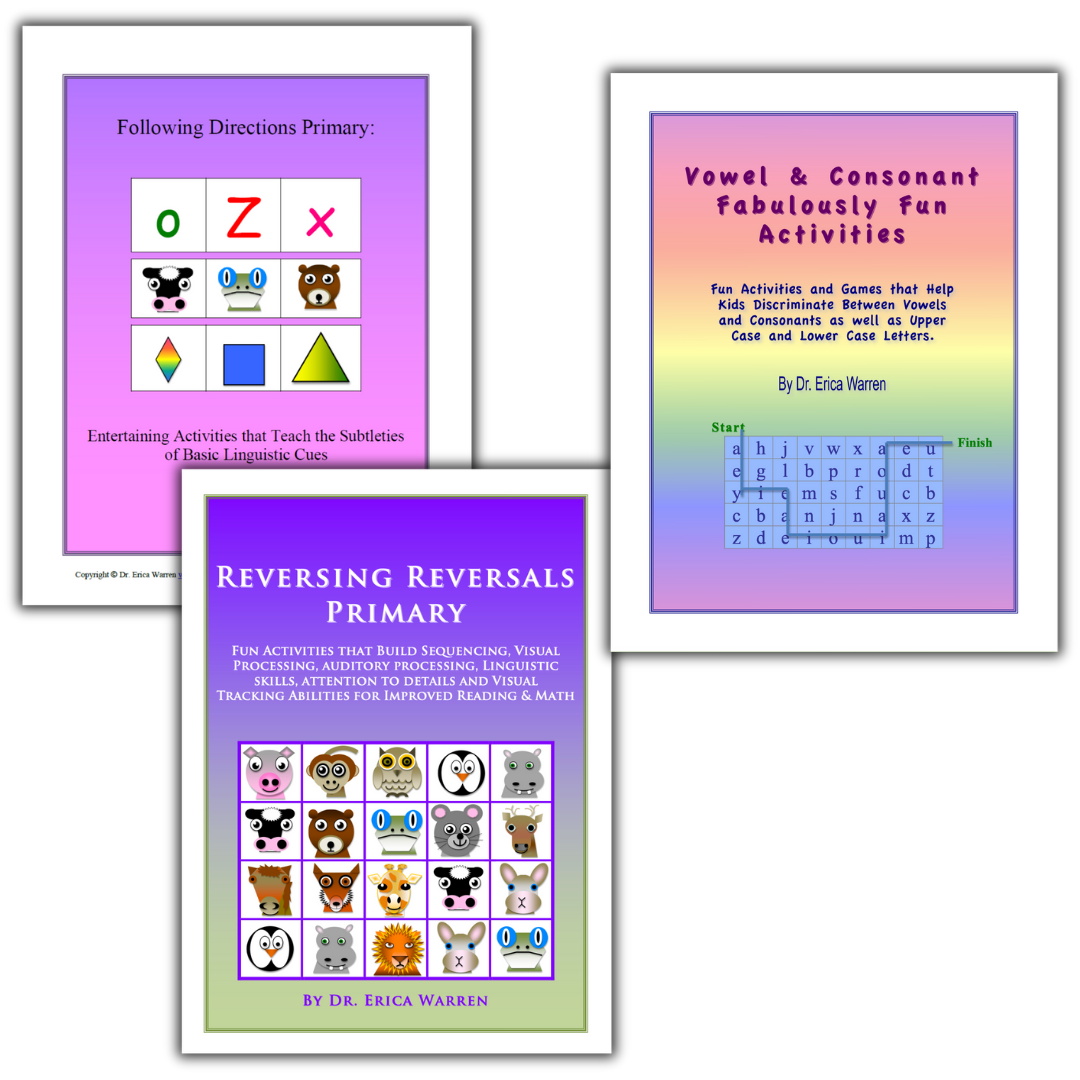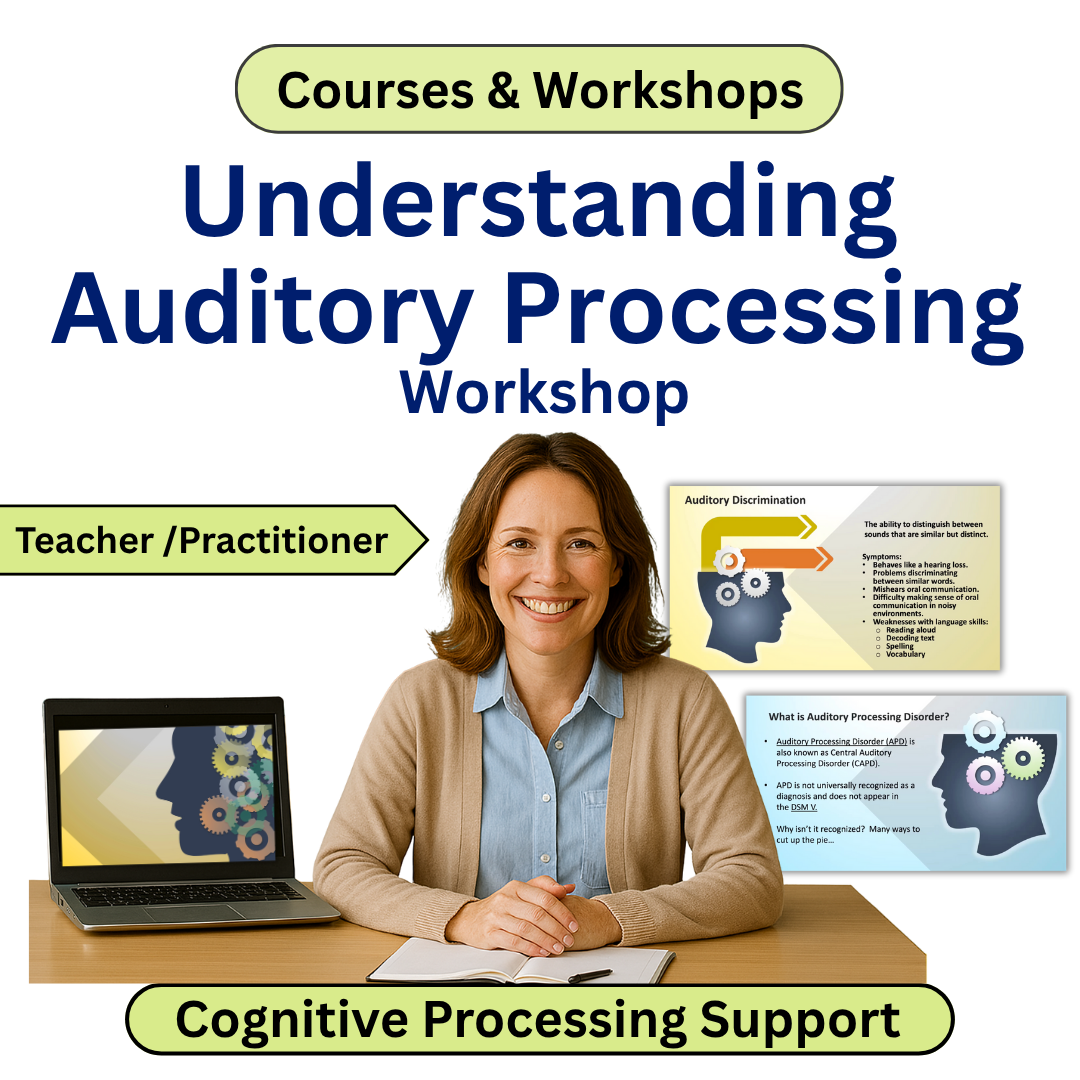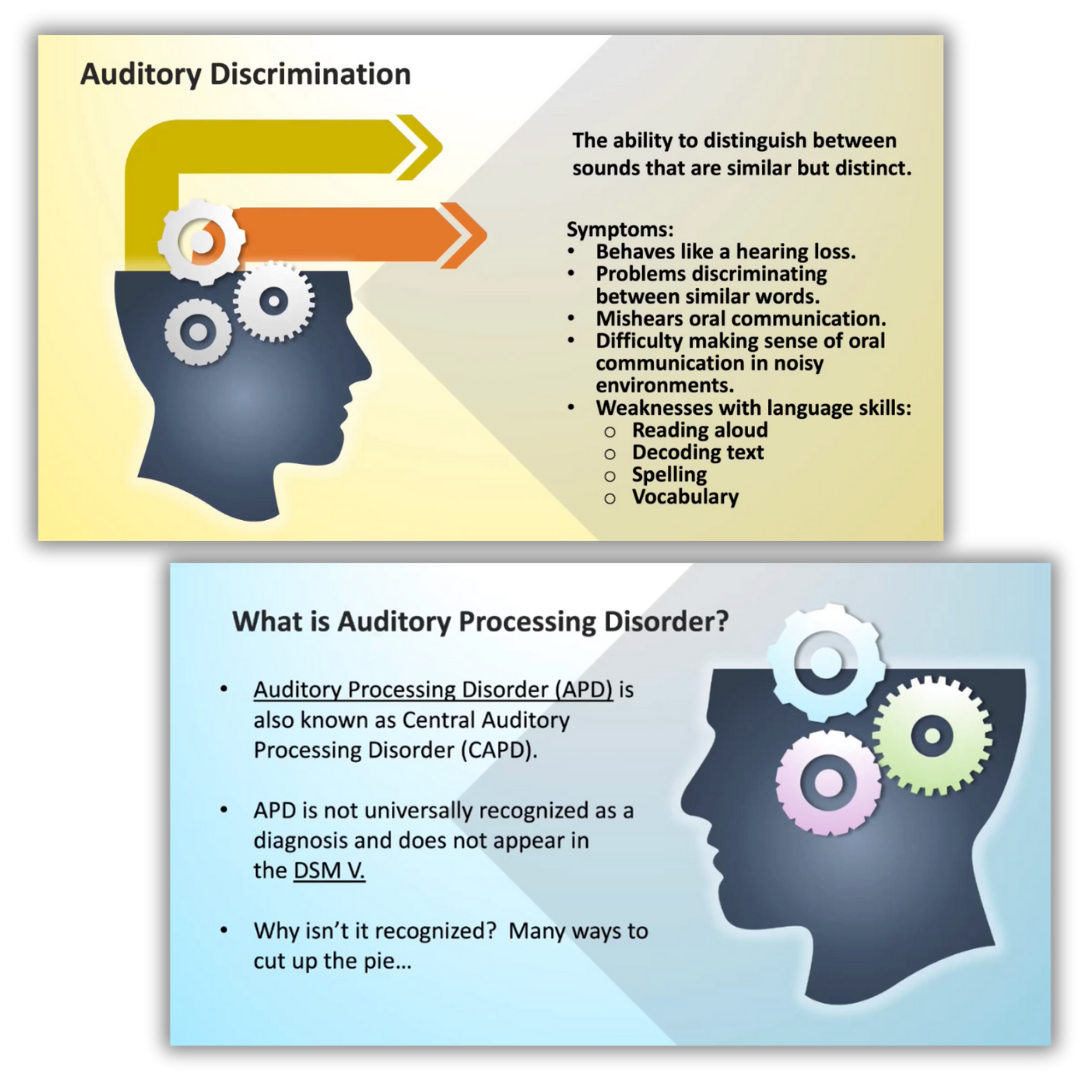Filters
Following Directions Bundle | Primary, Beginner & Intermediate
Sale price$ 55.00 USD
Reversing Rehearsals Primary | Early Learning Remedial Activities
Sale price$ 19.99 USD
Memory Master | Executive Function Card Game
Sale price$ 12.99 USD
Following Directions | Beginners Workbook | Activities
Sale price$ 19.99 USD
Following Directions | Intermediate Workbook | Activities
Sale price$ 19.99 USD
In or Out | Executive Function Card Game
Sale price$ 12.99 USD
Following Directions | Primary Workbook | Activities
Sale price$ 19.99 USD
MPower | Sorting Games for Building Executive Functions
Sale price$ 24.97 USD
Following Directions Holiday Bundle | Seasonal Language Games
Sale price$ 15.99 USD
Higher Order Language Bundle | Thinking & Language Processing
Sale price$ 88.00 USD
Auditory Processing Games for Online and In-Person Learning
Sale price$ 19.97 USD
Following Directions | Real Number Activities | Math Vocabulary
Sale price$ 6.99 USD
Primary Cognitive Foundations Bundle | Foundational Skills for Reading & Math
Sale price$ 40.99 USD
Auditory Processing | Exploring the Many Types | Workshop
Sale price$ 49.99 USD


